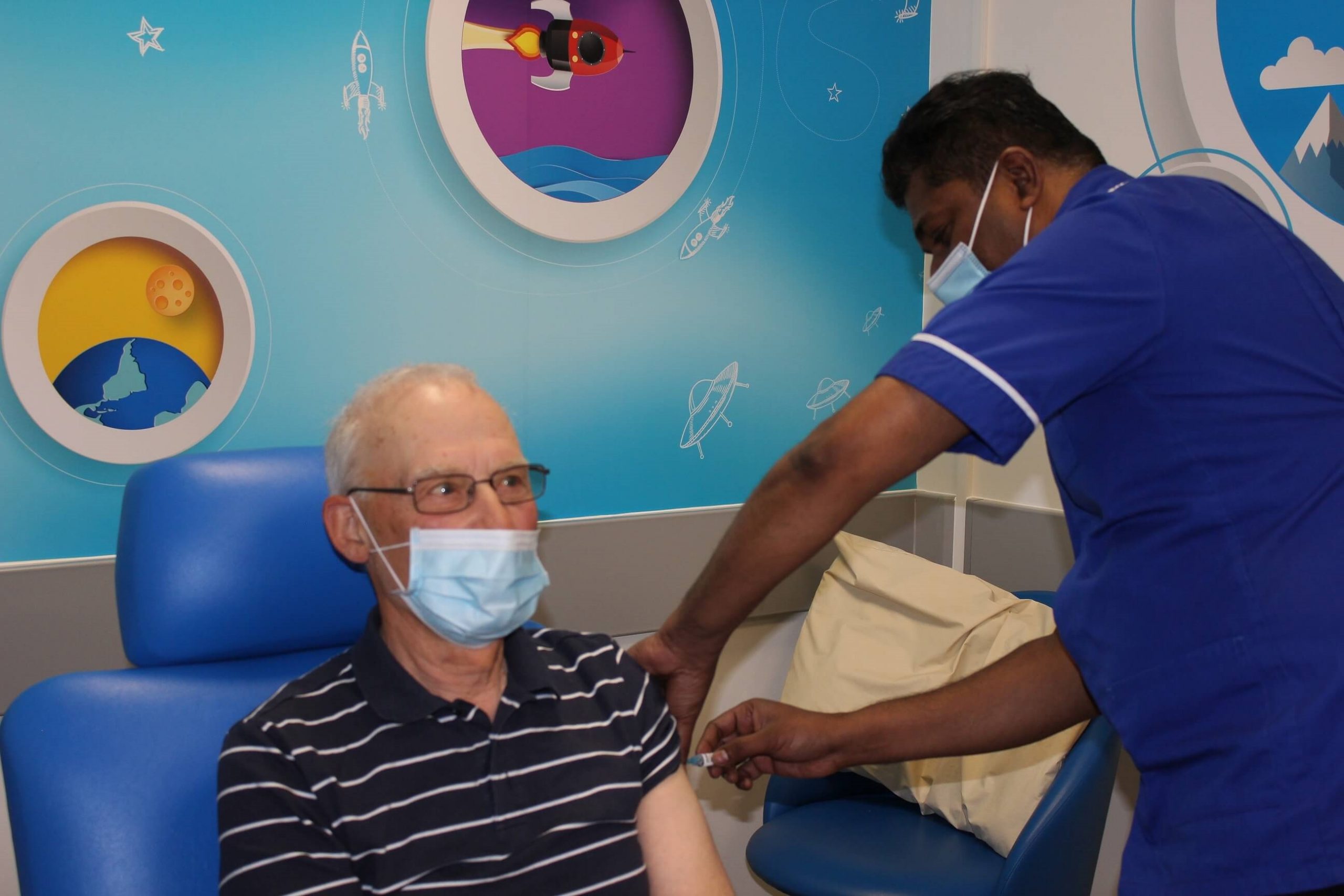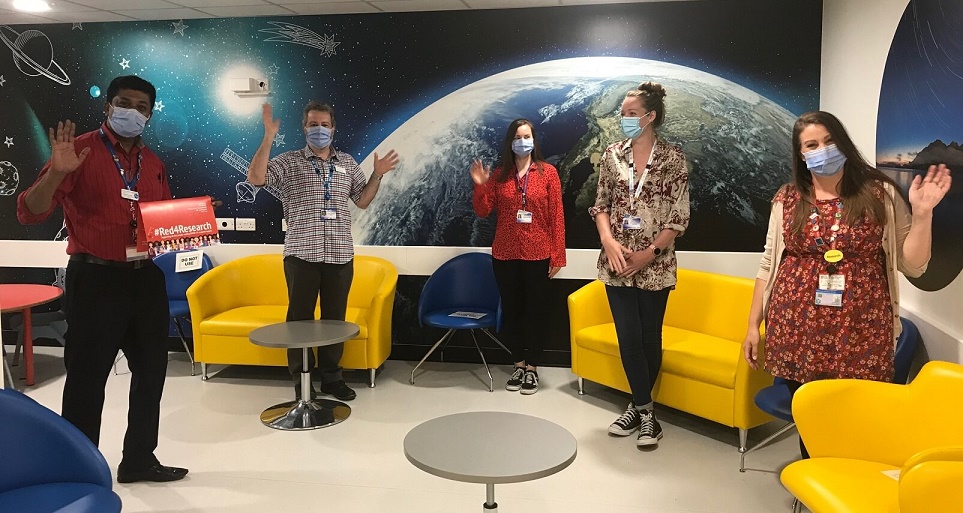
Written by Rachael Dowling
Communications Lead, NIHR Leicester CRF
June 2021
We reflect on learning from the pandemic and how it will inform our CRF practice into the future
The pandemic has provided all of us working in clinical research a unique opportunity to reflect on our practices and think about how we might like to adapt our clinical research facilities based on the strengths and weaknesses exposed during the biggest health crisis of the 21st century.
Raising Awareness of Research
Like many CRFs, at the start of the pandemic the majority of our studies were paused. We supported our host Trust by providing the staff and the space to carry out mask-fit testing. It helped non-research clinical staff learn who we were, where we were based and have conversations about the types of research we carried out. This helped us to become more visible when we later needed support from our clinical colleagues. For example, following a call to action, a number of F1 and F2 doctors volunteered to help us recruit to COVID-19 studies.

NIHR Leicester CRF
A Flexible Core Team Approach
As urgent public health priority studies into COVID-19 gathered pace, we created a one-team, flexible approach to support the delivery of UPH research across all of our NIHR infrastructure in Leicester. The CRF was a base from which we used a ‘search and seek’ model to find potentially eligible patients on wards and rapidly recruit them to research. This model was highlighted in the NHS ‘Getting It Right First Time’ report on managing COVID-19 in secondary care settings.
An ‘in-situ’ principal investigator was also appointed who has taken a hands-on approach to work flexibly across a number of studies, providing the team with stability and leadership.
As we (hopefully) move beyond the pandemic, we are retaining our flexible core team approach. It has allowed us to rapidly respond to studies like Cov-Boost, which looks at the safety and efficacy of a third ‘booster’ vaccine for COVID-19. Not only did we achieve set-up to first patient recruited in a matter of days, it is likely we will over-recruit. Our ‘one-team approach’ will allow us to mobilise quickly for other studies coming through the restart process.
We have also invested in more time for the principal investigator to continue driving our portfolio of studies forward.

Research participant (aged 81) taking part in the Cov-Boost study
Final Thoughts
Through targeted internal and external communications during the pandemic we have demonstrated that research is core business, with the support of our Trust’s Chief Executive, who has been a cheerleader for research. This has increased knowledge of the CRF’s purpose and increased the receptivity of NHS staff to our work, changing opinions and behaviours that have had a direct impact on our recruitment to studies.




